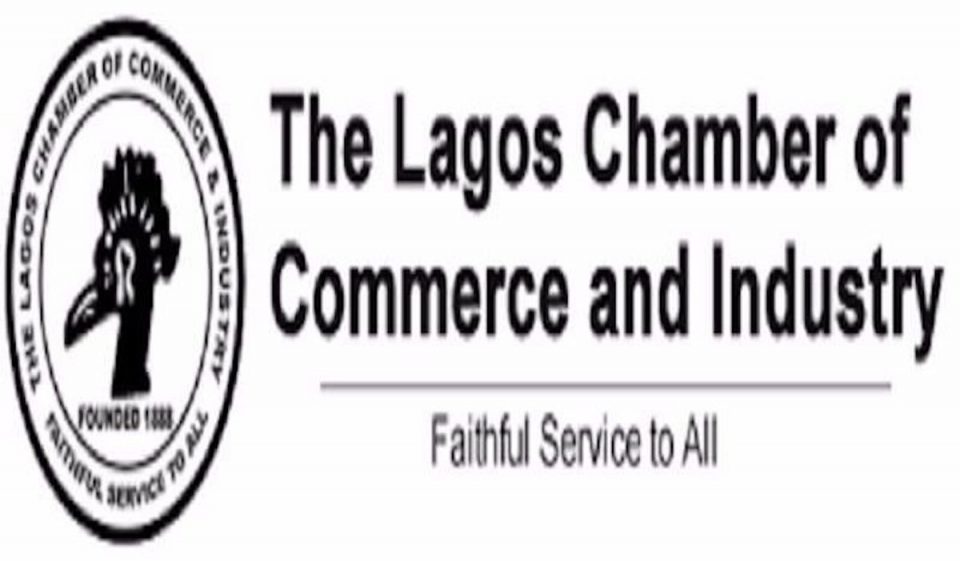The Lagos Chamber of Commerce and Industry says the worsening poverty in the country posed a great deal of risk to Nigeria’s democratic process and security.
Nigeria’s Gross Domestic Product, Foreign Direct Investment, foreign exchange rate, and lending rate, among others, were all weak between 2015 and 2019, the chamber said on Sunday in its report on Nigeria Democracy at 21.
Acknowledging the fact that the COVID-19 pandemic and the unprecedented collapse in crude oil prices impacted most macroeconomic variables, and the fact that full year data was not available for 2020, the LCCI said it reviewed the country’s economic performance in 2015 against 2019 for a fair assessment and comparative analysis.
The chamber, which had its sources as the Central Bank of Nigeria, the National Bureau of Statistics, the Debt Management Office,and the Nigerian Stock Exchange, among others, said the country’s macroeconomic fundamentals were largely weak, and the situation remained the same till date.
It said, “These yardsticks including FDI, balance of trade, and exchange rate were driven to a significant extent by the direction of crude oil prices, an exogenous variable beyond the control of economic managers and policy makers.
“During periods of shocks in the global energy markets, most macro indicators are thrown into negative territory.
“Performance was negative in the following areas, GDP growth, inflation, FDI, public debt, stock market’s All-Share Index, exchange rate and maximum lending rate within the period reviewed.”
It added, “More importantly, we note the decline in FDI flows into the country driven by weak investors’ confidence resulting from heightened regulatory risks, state of infrastructure, policy risks, and quality of dispute resolution systems, among others.”
The chamber noted that there was moderate improvement in foreign reserves within the period, adding that this could be ascribed to favourable oil prices.
It said the improvement in credit to private sector and prime lending rate were driven largely by the aggressive push by monetary authorities for robust credit flows into the real economy.
It observed that the increase in maximum lending rate during the period of review underscored the fact that the cost of credit remained a challenge for businesses, particularly micro, small and medium-sized enterprises.
Quoting data from the World Bank, the NBS and Oxfam, the chamber said the present administration’s performance, from a socioeconomic and welfare perspective, was not up to scratch.
It said, “The data on trends in per capita income, poverty, unemployment and food inflation support this position. Per capita income fell steadily between 2015 and 2018.
“Although data set ended in 2018, judging from present realities, GDP per capita fell further in 2019 as population growth rate (estimated at 2.7 per cent) exceeded GDP growth (2.27 per cent) in 2019.”
It said the performance from poverty reduction perspective gave cause for concern, as in 2018, Nigeria overtook India as the country with the world’s most extreme poor people despite India having a population seven times larger than Nigeria’s.




